I had such high and hopeful intentions to post this weekend reading before today, so that everyone could bookmark the Super Bowl recipes I’d picked out. Work got in the way, and I’m the worst. But you should still bookmark them, because even if you don’t have time to prepare them today, these vegan dishes are show-stopping, hearty, colorful, and absolutely delicious. And beneath them, you’ll find the articles and posts that piqued my interest this past week.
If you ask me, dips are definitely the best part of Super Bowl noshing. Two in particular caught my eye this year. The first is Kristy’s magnificent pizza dip, pictured above. I’m waiting for Steven to see this and freak out.
The next is Jackie’s buffalo jackfruit spinach dip , which looks better than any spinach dip I’ve seen before. I still haven’t tried jackfruit — what’s wrong with me??
I agree with my friend Kathy that chips are overrated. I can happily eat most dips (especially cashew queso or hummus) with a spoon, and I could definitely dig into her layered BBQ bowl with a spoon! So much texture and color here.
I don’t even know where to start with Katie’s enchilada millet stuffed sweet potatoes with garlic cilantro cashew cream. OK, how about here: I love stumbling upon new millet recipes. It’s an underutilized grain, and I’m always on the hunt for fresh ways to prepare it. Also, Katie, you had me at cashew cream. And sweet potato.
I’ve made all tempeh chilis before and found that they had almost too much umami and nuttiness for me. Steph’s root vegetable and tempeh chili looks like a perfect balance between tempeh and warm, soft, sweet root vegetables–so delicious and filling!
Reads
1. I thought this article about the use of nanotechnology in medical applications–specifically, the creation of microscopic robots that may be able to deliver drugs with extreme precision–really cool. Even cooler that some of the nanobots mechanical power was modeled after the flagellum of E. Coli bacteria!
2. An interesting article about an MIT professor who wrote a blog post that touched upon his relationship with feminism, and the heated comments that ensued. This is not really an article about food or health or wellness, but it is an article about the kinds of dialogs that can happen within the comments section of blogs (or in response to blog posts), and for that reason it struck a chord. Regardless of how you feel about the debate that the professor, Scott Aaronson, began, or about the responses he got (including one compelling rejoinder from The New Statesman‘s Laurie Penny), the article invites us to think about the nature of putting ourselves out there online, instigating debate, and opening up about our histories and perspectives.
The author, Conor Friedersdorf, writes:
As I read these three essays, along with commentary by many other participants in the conversation (which is too sprawling, rich, and complicated to summarize here), I felt blessed to have stumbled on brilliant, earnest individuals willing to share their life experiences and insights, all in hopes of improving the world. Since we can live together more easily when we understand one another’s perspectives, these exchanges alone brought real gains—for the individuals involved, to be sure, but I suspect that their readers will gain even more. The intensely painful effect that a strain of feminism had on Aaronson may render him unable to fully appreciate that movement’s value to its members, and the degree to which it is intended to speak to and benefit a close-knit community, not to affect outsiders. Similarly, feminists who’ve suffered particularly intense sexism and found solace, insight or strength in that movement may never fully understand or empathize with the complicated, varied, at times negative effects it has on some outsiders. But readers without strong personal reactions to movement feminism can dispassionately glean insights about the communities that we build, communities that exclude us, and how to negotiate such boundaries.
Admittedly, understanding one another’s viewpoints only takes us so far. Aaronson, Penny, and Alexander also have what are ultimately empirical disputes about whether women in society, and specifically in tech, face more overall obstacles, and if so, whether men in tech are to blame, generally speaking. Empathy won’t resolve those disputes. But perhaps we needn’t resolve them.
Blogging presents us with a particularly charged kind of debate, because many blogs aren’t only dedicated to intellectual engagement with issues. They’re also highly personal spaces, wherein bloggers channel personal experience into their writing. This intimacy can make blog dialogs uniquely intense, but it also enriches them and gives them complexity. I agree with Friedersdorf that resolution isn’t always–or even frequently–the point; sometimes the point is for folks to have a safe and open space in which to speak out, and that the more of those we create, the better.
3. This isn’t really an article, but Ecorazzi put this New Yorker cartoon by Farley Katz on my radar, and it’s so great. Available for purchase in print form, too.
4. I guess it was only a matter of time: there’s now a Skype translator that, according to this article in the MIT Technology Review, “is being widely compared to the “universal translator” that Captains Kirk and Picard used to effortlessly communicate with alien interlocutors.” The article goes on to talk about the human subtleties that the program can’t seem to capture, which is as worth reading about as the technology itself.
5. I don’t know what I can say about this article in Modern Farmer, which is all about the potato, except that you should read it. It is a long, sprawling, fascinating narrative about one of our most maligned vegetables (the white ones are widely regarded as unhealthy, and as the author notes, a great many foodies also think of them as being blander and less interesting than other roots). I don’t mistrust or look down upon the potato, exactly, but I do find myself choosing other tubers (rutabagas, parsnips, squashes) far more regularly, and almost always purchasing sweet potatoes over white. By the time I finished this article, I was ready to give potatoes a much closer second look.
On that note, friends, I’m signing off. I’ll be returning with a vegan casserole that’s destined to become a staple for me (and the boy!). Till soon.
xo
You might also like
I’m perched upon my sofa right now in a sea of pre-holiday mess: as-of-yet-unwrapped gifts, Scotch tape and scissors on the floor, a Christmas tree that needs watering and has been shedding needles without subsequent vacuuming from me, a countertop covered in flour for the bread that probably needs longer to proof than I have time to give it. There are unwashed dishes in the sink, work emails I meant to send before Christmas and didn’t, cards I wanted to mail to friends…
Happy Sunday, all, and Happy Mother’s day to those who are celebrating it. I’m bringing my mom vegan cake, among other treats, and taking her to dinner. She was honored for her career in teaching this week, and I’m glad that she’s being appreciated on so many fronts. Few family relationships are uncomplicated, at least in my experience, but I’m blessed to have a pretty special relationship with my mom. Still, a skill I’ve picked up as an only child with a small…
Welcome to a Monday edition of weekend reading! To those of you who were observing the Thanksgiving holiday this past weekend, I hope that you’re easily settling back into the swing of things. With December just around the corner, I’ve been thinking about the holiday season and its various meanings. The winter holidays are presented as a time of togetherness and celebration, but what’s often left unsaid is that they can be quite lonely, too. This could be true for any number of reasons: perhaps…
Happy Sunday, and thanks for welcoming Elizabeth’s brave and open Green Recovery Story to the blog this past week. I so appreciate the comments and supportive words, and I’m sure that Elizabeth does as well. It’s been an interesting week. It began with an unexpected obstacle–something I didn’t see coming, or didn’t quite accept as it came. It has been a long time since I handled curveballs with grace. For me, struggling with anxiety means having to work very hard in order to access feelings…


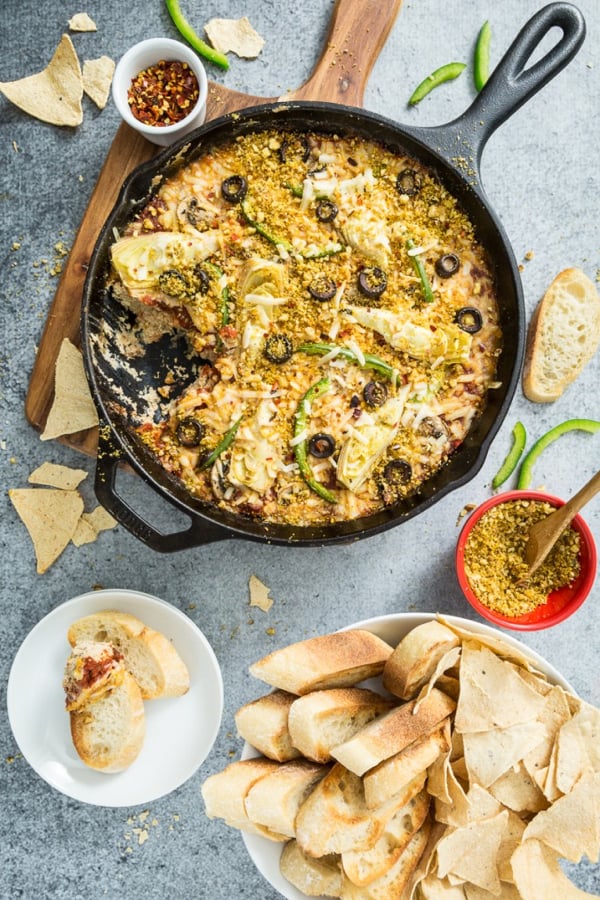
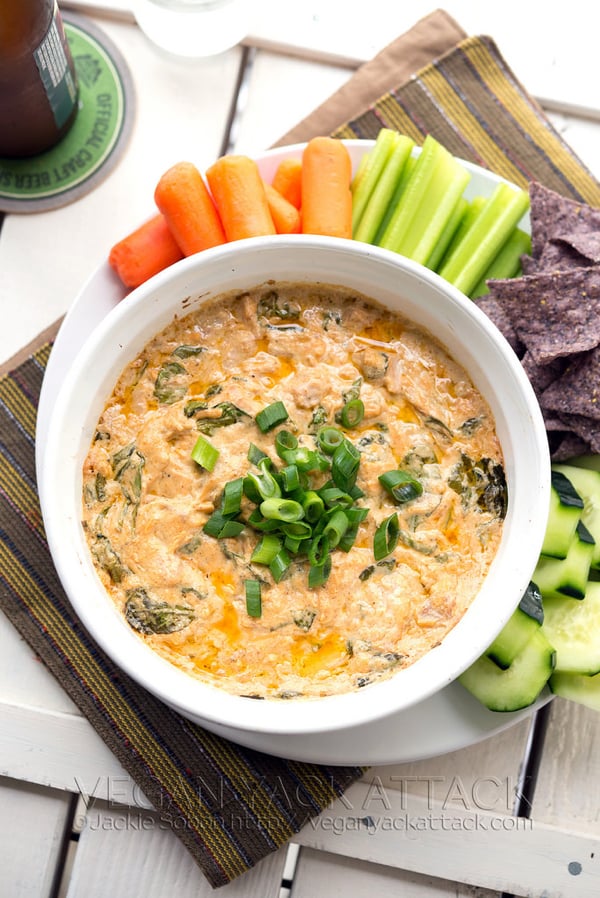
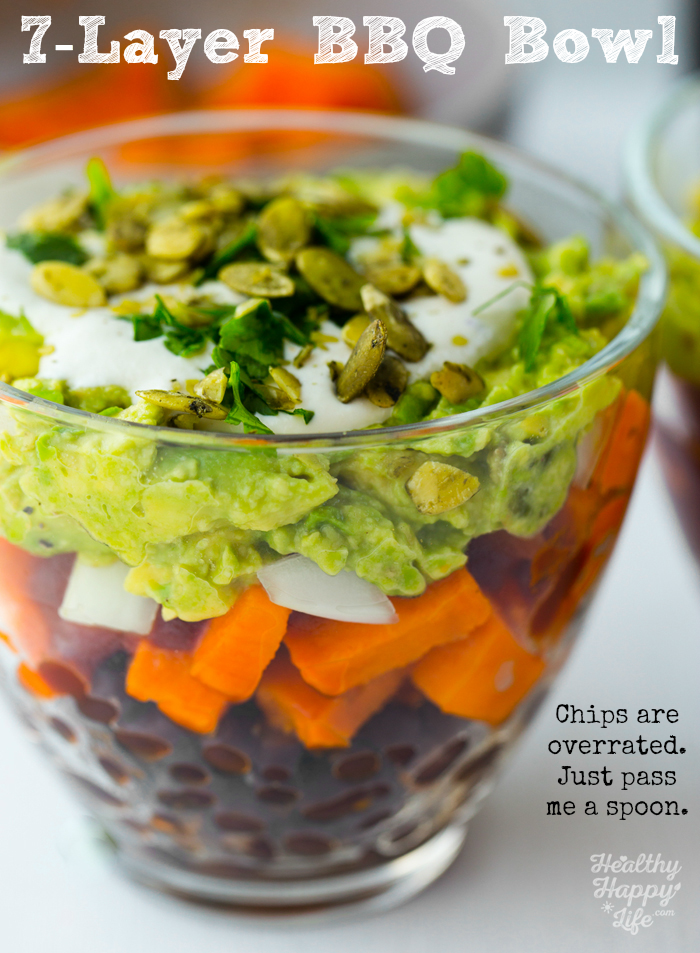
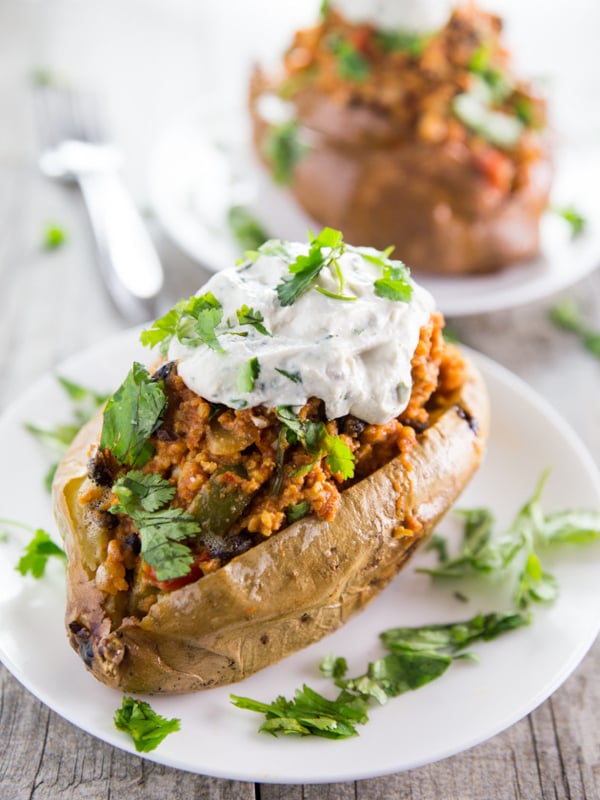
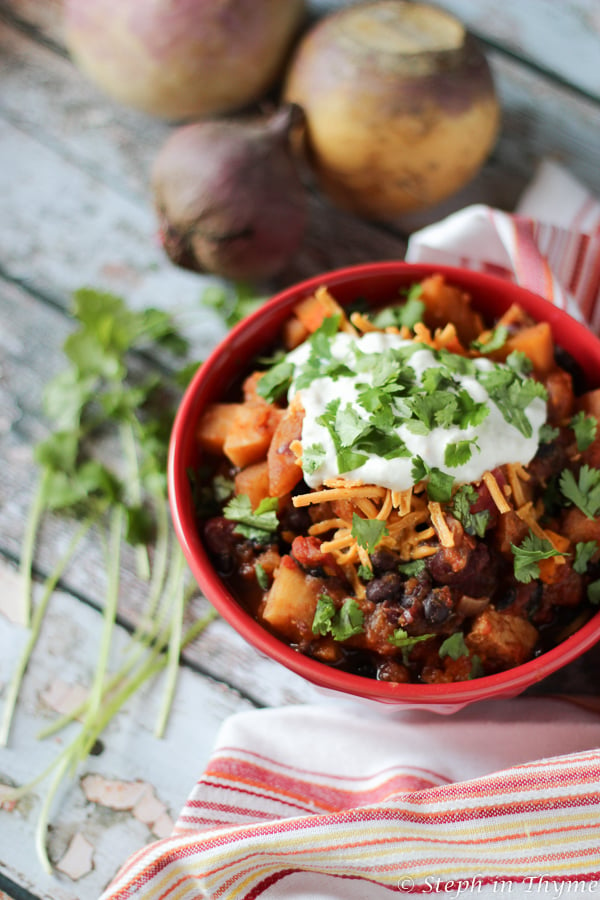
Leave a Comment
Weekend Reading or Weekend Eating? nom nom nom… thanks for these great recipes! I can’t wait to try them out soon.
The Atlantic article is very interesting, especially in light of the recent segment on about writer Lindy West’s experience Internet trolls where a former troll explains he attacked her because he felt so powerless. Also the horrific drama around Gamergate.
Thanks for sharing, Kate.
I have to say – I’ve been lurking for a while and always enjoy your weekend links.
The potato article was very interesting, but what I found most surprising was the lack of potato diversity in America. Are there really only those few sorts? I live in Australia, which is quite far away from Peru, and my local shops sells at least 8 varieties of potato that I can think of off the top of my head, and another 5 colours of sweet potato. I think America is just as multicultural as Australia (though different demographics), so is it just the influence of large companies that determines what farmers grow?
I really am loving the variety of articles shared this week! I’m particularly grateful for the introduction to the feminist dialogue around the MIT professor. There’s so much to unpack in that piece and the associated essays but one point I didn’t see brought up was how we could also change the way we’re teaching about sexual violence. I’ve heard many college freshman echo the sentiment, “Well what ISN’T sexual harassment/violence?!” While campaigns like No Means No and Yes Means Yes are a step in the right direction, they still attempt to take an incredibly nuanced issue and boil out it down to a quip.
I also want to challenge your notion that the article doesn’t have to do with health and wellness. While on the surface the connection may not be obvious, the effects of living with harassment, bullying, etc are certainly linked with psychological distress and its physical manifestations. This undoubtedly was true for Aaronson as it is for us as women. Jessica Valenti recently published a piece in the Guardian (http://www.theguardian.com/commentisfree/2015/jan/26/sexism-is-making-women-sick) that examines some new research on the topic. Sharing since I think you’ll enjoy geeking out about it like I did. 🙂
Well challenged, Kait! Of course it’s to do with health and wellness. Jess Valenti’s column is persuasive on that score (especially the anxiety link), but I shouldn’t have needed it to see the connection, either 🙂
Thank you so much for sharing my chili recipe – it made my day! As a history nerd, I love the article about the potato. Who know so much could be written on such a simple vegetable?? I rarely cook with potatoes, but Modern Farmer’s article was really interesting and like you, I’m willing to give them a much closer, second look. Also, I appreciate the article about the universal translator. I’m a fan of Star Trek TNG and Picard…
I think this critique of Aaronson’s article was excellent if anyone is interested: http://www.salon.com/2015/01/10/the_plight_of_the_bitter_nerd_why_so_many_awkward_shy_guys_end_up_hating_feminism/?utm_source=facebook&utm_medium=socialflow
Thanks for sharing this + your thoughts!
I like what you got from Friedersdorfs article- that blogs comments can be spaces for people to debate and have access to me ideas outside of academia. This is good but I found Friedersdorfs article a way too diplomatic reading the original article. The MIT profs reading of feminism as having a personal vendetta against him completely misunderstands feminism and the need for critique of stuctrues that cause oppression towards women. He makes it all about himself, and the fears he has, which seem to me they are caused by mental heath issues, not legit feminist dialogue. To me, that is the equivalent saying anti-racist activism makes me feel left out as a white person and makes me feel bad, so therefore it’s wrong. This is not good logic, and it’s dangerous.
Great feedback, Sylvia. I agree that the author’s hopefulness about open exchange borders on naïveté, or even a failure to do justice to the gravity Of the issues, but I did really love the positive message about the possibility of having honest dialogs about emotionally/personally charged issues.
As for your point about Aronson’s logic: I also felt that he was scapegoating feminism inappropriately in response to His own adolescent experience, and I also wasn’t sure about characterizing being a “dork” as marginalization of the magnitude that Aronson suggests. I did, though, appreciate the New Statesman critique. I’ll have to check out the Salon link, which I haven’t seen yet. (Thanks for sharing that!)
Actually you’re the best for putting those gorgeous recipes up at all! Thank you!! I’ll definitely be having a look at that article on feminism, looks super interesting 🙂 thanks!